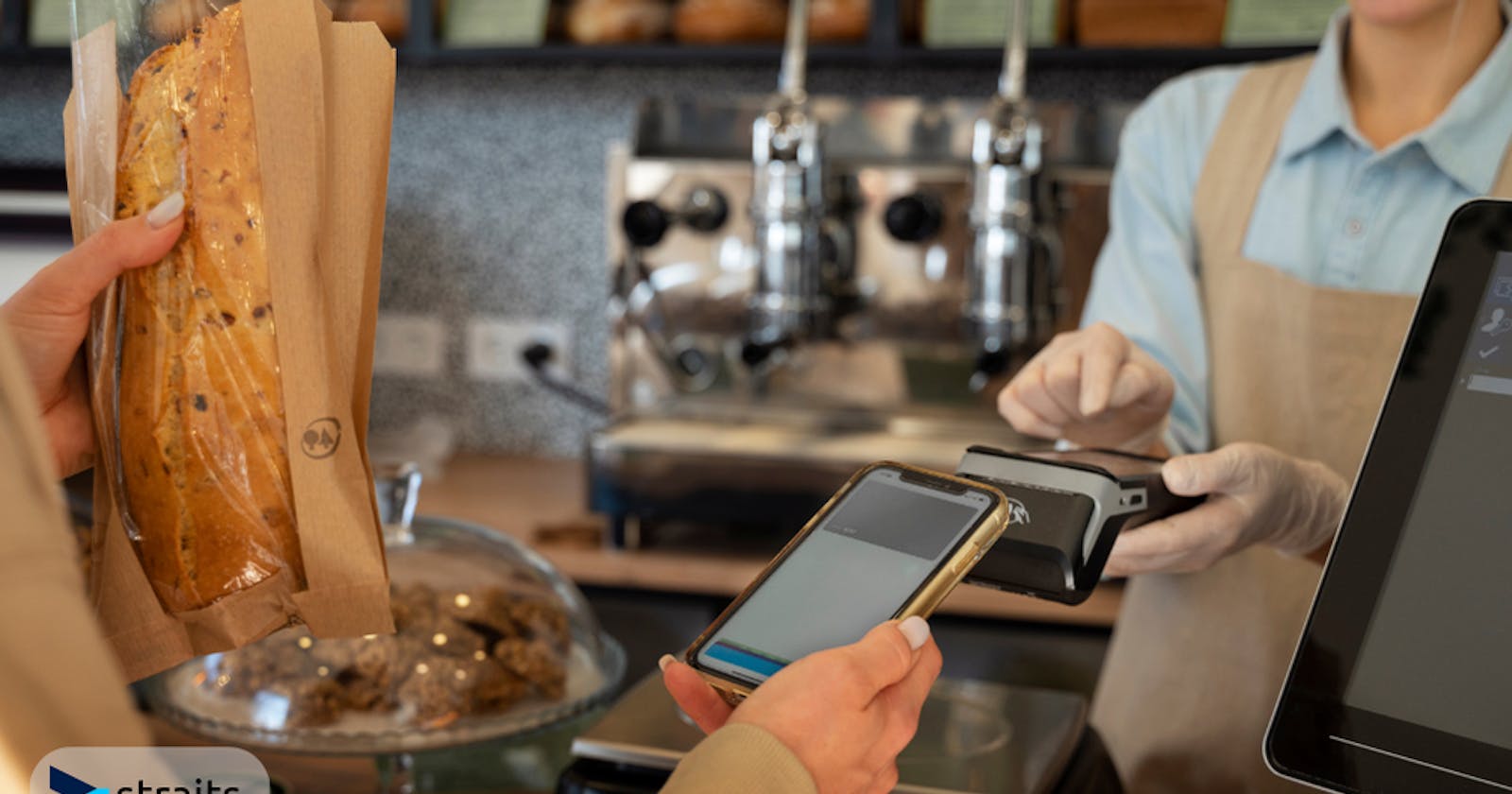Empowering Customer Connections: The Evolution of Self-Service Technology and Cybersecurity Imperatives
Self-service technology is a quickly developing industry that is altering how customers communicate with companies. Vending machines, self-checkout kiosks, and other automated systems that let clients finish transactions without help from a human employee are examples of this technology. Self-service technology brings new cybersecurity dangers that businesses need to be aware of, even though it has numerous advantages such as cost savings and better productivity.
Data breaches are one of the main cybersecurity threats connected to self-service technologies. Customers frequently provide sensitive information, such credit card numbers and personal identification numbers (PINs), to self-service kiosks and other automated systems. Cybercriminals may gain access to this information if it is not well secured, which could result in monetary losses and harm to the company's reputation.
There are various actions that firms can take to reduce the risk of data breaches. Ensuring self-service technology is appropriately secured with firewalls and other cybersecurity measures is among the most crucial things to do. Frequent software upgrades and security audits can also aid in finding and fixing system vulnerabilities. Teaching staff members and clients about cybersecurity best practices is another crucial step. This includes teaching staff members how to spot security concerns and take appropriate action, as well as instructing clients on how to safeguard their personal data when utilizing self-service technologies.
The global Self-Service Technologies Market size was valued at USD 34.03 billion in 2022. It is estimated to reach USD 98.93 billion by 2031, growing at a CAGR of 12.59% during the forecast period (2023–2031).
Access for sample report @ straitsresearch.com/report/self-service-tec..
The latest trends in Self-Service Technology include:
Increasing Use of Messaging Apps: Businesses are increasingly using messaging apps like Facebook, WhatsApp, and Twitter as direct lines of communication for customer service. Businesses must incorporate messaging into their customer care strategy as a result of customers' growing expectations for message-style assistance alternatives from the companies they interact with.
Customization Using CRM Features: Businesses are using Customer Relationship Management (CRM) technologies to provide more customized self-service encounters. Businesses can improve customer experiences by providing personalized help pages, product flows, and even AI-driven support conversations by integrating data from help desk tools, chat systems, and knowledge base search logs.
The rise of video in customer self-service: Due to improved internet connectivity and rising smartphone use, there is a global increase in the consumption of online videos. Self-service films are being used by businesses to effectively explain complicated issues to clients. Customer care teams are using videos more frequently for knowledge sharing and customer assistance as a result of new tools that make it easier for them to produce and distribute movies fast.
Technological Developments in Speech Recognition and Natural Language Processing: Self-service systems are getting better because to advances in speech recognition and natural language processing (NLP), which help computers comprehend and interpret human language more accurately. These developments improve the self-service experience overall by making it simpler for computers to recognize and understand the demands of customers and deliver pertinent information.
Integration of Artificial Intelligence (AI) and Machine Learning: By enabling robots to emulate human intelligence and learn from data, AI and Machine Learning technologies are transforming self-service. By improving search results, customizing user experiences, and automating tasks, these technologies are being used to improve online self-service and deliver more effective and efficient customer support.
Self-Service Kiosk Expansion: Self-service kiosks are becoming more and more automated in a variety of businesses, including restaurants, retail, healthcare, travel, entertainment, and post offices. These self-service technology innovations are mostly dependent on these kiosks since they provide hands-off solutions, increase operational effectiveness, and facilitate contactless connections.
Companies can guarantee that self-service technology is usable by all consumers by adhering to the Americans with Disabilities Act's (ADA) accessibility criteria for kiosks. Physical factors including wheelchair accessibility, unambiguous directions and assistance, screen reader accessibility, and customer service alternatives are all included in these criteria. Physical factors include making sure kiosks are wheelchair-height or adjustable, situated in easily accessible locations, and equipped with user-friendly instructions and advice. Additionally, screen reader accessibility is essential since screen readers and other assistive technologies for the blind or visually handicapped must be able to communicate with kiosks. For individuals who might require further help, there should also be a customer support option available.
The major players in the globally market for Self Service Technology include:
AZKOYEN, S.A.
HYOSUNG TNS
KIOSK Information Systems.
HESS Cash Systems
Crane Company
Toshiba Tec Corporation.
Fastcorp Vending LLC
Dendrite
Glory Ltd
NCR
Purchase the report @ straitsresearch.com/buy-now/self-service-te..
Conclusion:
Self-service technology, which offers advantages like cost savings and increased productivity, is redefining interactions between businesses and their customers. But it also brings with it cybersecurity dangers, especially when it comes to data breaches that expose sensitive information. Businesses must place a high priority on protecting self-service systems with firewalls and frequent software updates in order to reduce these risks. Furthermore, it's critical to teach customers and employees cybersecurity recommended practices. Despite these obstacles, trends including the rising usage of messaging applications for customer support, customisation through CRM capabilities, and improvements in speech recognition and AI integration are driving the worldwide self-service technology market, which is expected to develop significantly. Another necessity for businesses wishing to successfully use self-service technology is making sure that all customers can access them, in compliance with ADA requirements.
About Us:
StraitsResearch.com is a leading research and intelligence organization, specializing in research, analytics, and advisory services along with providing business insights & research reports.
Contact Us:
Email: sales@straitsresearch.com
Address: 825 3rd Avenue, New York, NY, USA, 10022
Tel: +44 203 695 0070, +1 646 905 0080
Website: straitsresearch.com
